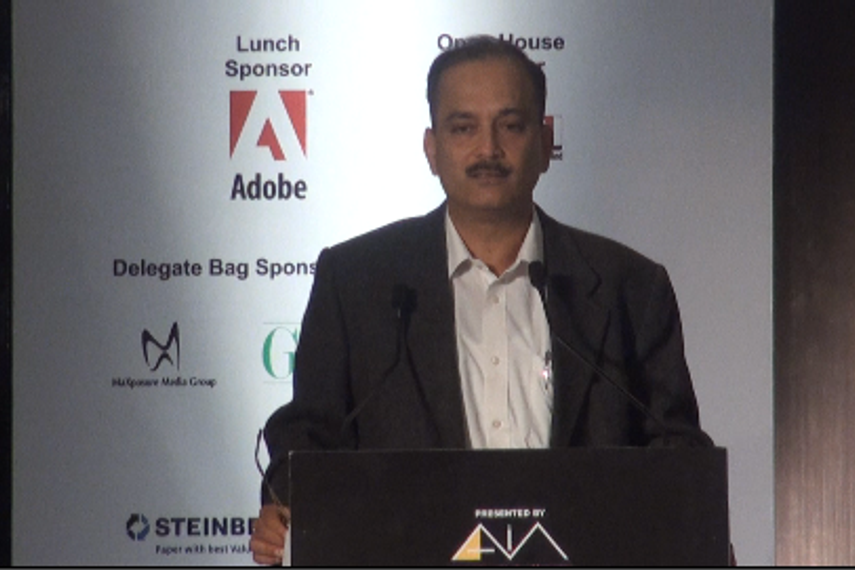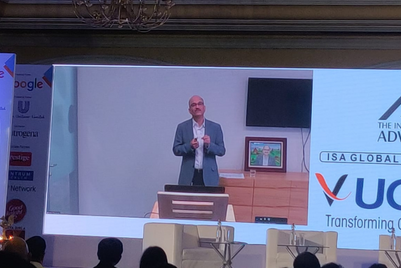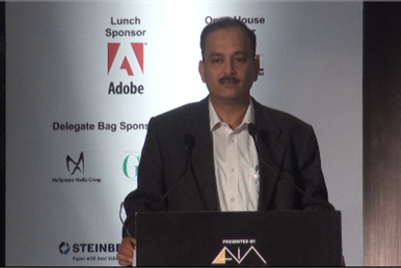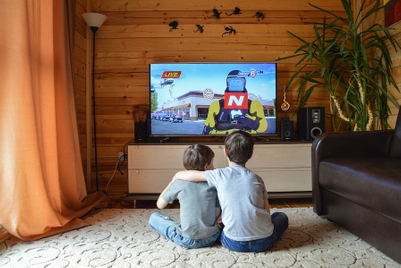

The rapid rate of change, and need for businesses to embrace change and get future-ready, formed the crux of HUL CEO Nitin Paranjpe’s keynote address at the seventh edition of the Indian Magazine Congress which got underway in Mumbai on 14 February.
Addressing delegates at the two-day Congress organised by the Association of Indian Magazines, Paranjpe said, “The things that we feel we cannot live without will become redundant within our lifetime. The only way to deal with it is to embrace change. And that is easier said than done, be if for individuals or companies.”
To embrace change, he urged companies and leaders to develop a point of view on the future. This point of view, he said, stems from trends one observes, studying the undercurrents and interplay of different trends, and the resultant understanding of the implications of these trends on one’s business.
Explaining with the HUL example, Paranjpe revealed, “We said the role of our leaders must be to run the business with a bi-focal lens. One objective is to compete effectively today, and another is to build a portfolio, build brands and build capacity to future-proof the business. One could say being future-ready was always a mandate. But the rate of change is extremely fast today. Fifteen years ago, tasks we needed to do be future-ready were not dramatically different from what we needed to do to succeed in the present.”
He cited the learning from HUL’s approach to modern trade, when the first modern retail formats were unveiled in the country. Resisting the initial reaction of trying to stifle modern trade by encouraging kiranas around modern retail outlets, the organisation took a stand defined by its point of view – that modern trade would grow. So the FMCG major that had grown on the strength of its distribution network among kiranas, trained its leaders and developed skills in dealing with modern trade, he explained.
Changes in consumption of media
Changes are not independent of consumers, the HUL CEO reminded the audience. The pointed out that the 30-second ad worked on the premise that the marketer could interrupt the consumer’s entertainment. With fragmentation, internet and ad-free viewing options, that assumption no longer held true, he explained.
Said Paranjpe, “I’m deeply concerned that the models by which our brands have succeeded in the market may not be successful in future; they may not be relevant anymore.”
“We’d all like to assume that a TV connection that allows ad-free TV viewing comes with an initial investment of Rs 6,000, so only a handful of people are likely to adopt it. What if it became a standard feature on all TV connections?” he asked.
Keeping another key change in focus, HUL had invested in 5,000 hours of digital capability building across marketing teams in the last one year, said the company CEO. This training was for teams across brands, and not restricted to brands which marketers assume reach their audience via digital media. In other words, it wasn’t just for teams on Dove, but also on Wheel. On the latter, he cited success with some mobile initiatives to make his point.
The trust deficit
Citing public sentiment against businesses, Paranjpe said corporate houses needed to recognise and respect the same. What people are saying is that they no longer trust businesses to operate in the interest of society, he noted.
He said, “If we’re still thinking that Occupy Wall Street or one of the many movements happening around us are all fads happening here and there – that will be a big mistake on our part.”
Paranjpe pointed out that self-regulation has to happen, with businesses becoming socially responsible in addressing this sentiment. The intervention could be from the government or from consumers, and companies could become future-ready on this count too, he said.
“When the government has to say you must spend 2 per cent on CSR activities, that shows lack of responsibility on the part of companies. We need to win back the trust,” surmised the keynote speaker.
Also read: Indian Magazine Congress: ‘At 4 per cent of ad spend, share of magazines can only go up'



.jpg&h=334&w=500&q=100&v=20250320&c=1)
.jpg&h=334&w=500&q=100&v=20250320&c=1)
.jpg&h=334&w=500&q=100&v=20250320&c=1)



.jpg&h=334&w=500&q=100&v=20250320&c=1)






.png&h=268&w=401&q=100&v=20250320&c=1)
.png&h=268&w=401&q=100&v=20250320&c=1)


